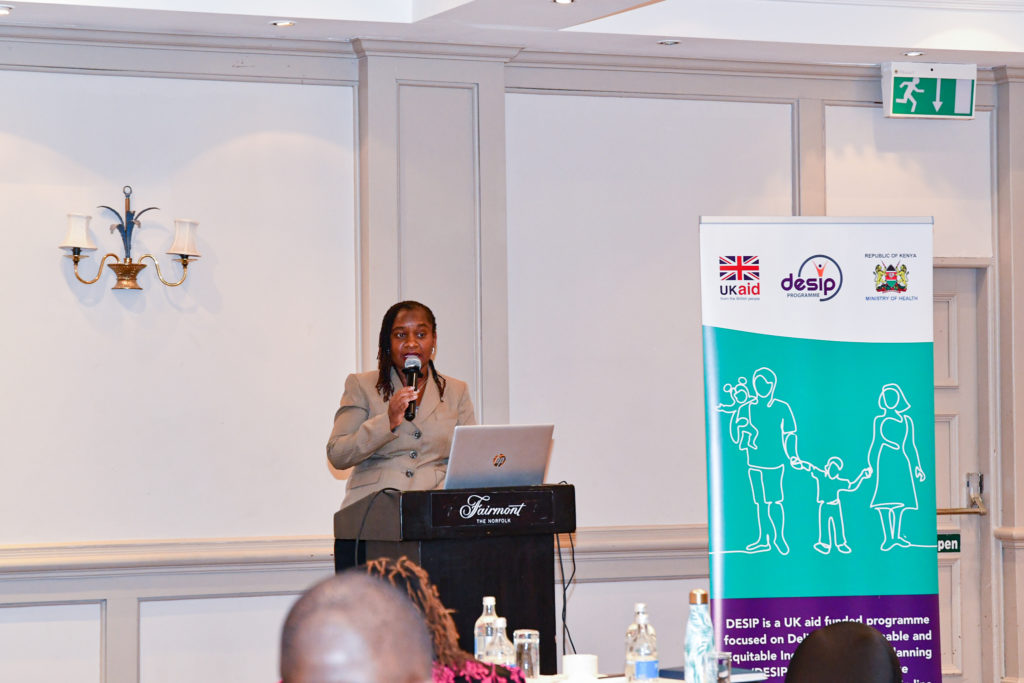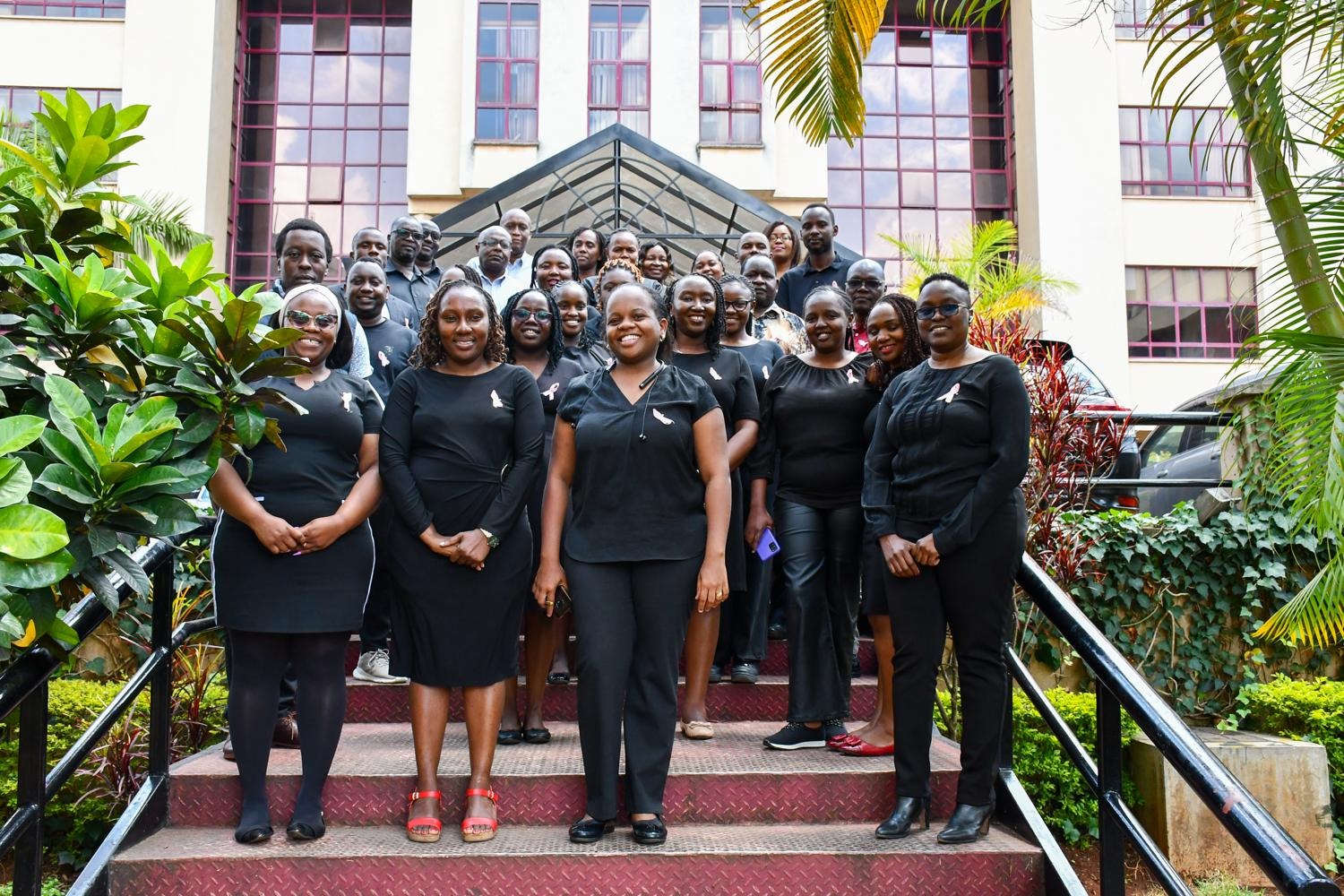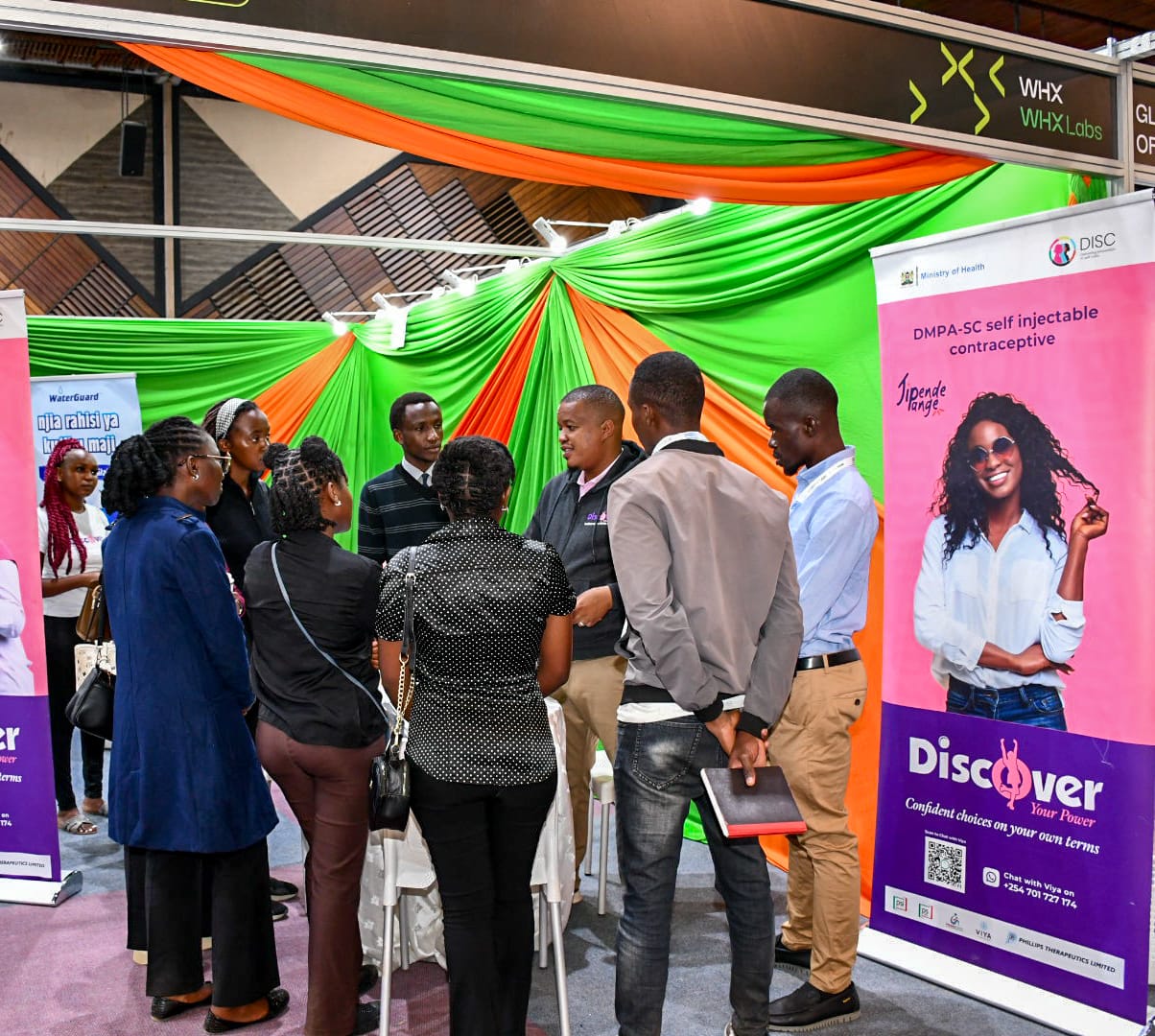The 10th anniversary of the Preventing Maternal and Child Deaths (PMCD) initiative took place on the 5th of April 2023 and was hosted by UKAID and USAID. The main objective of the event was to showcase Kenya’s investments in maternal and child health in the country. This is in line with Sustainable Development Goal (SDG) number three: Ensure healthy lives and promote well-being for all at all ages. The SDG is further broken down into different measurable targets including; reducing the global maternal mortality ratio to less than 70 per 100,000 live births by 2030 and ensure universal access to sexual and reproductive health-care services, including for family planning, information and education, and the integration of reproductive health into national strategies and programmes, by 2030.

Different stakeholders all over the world are working towards an efficient and sustainable solution that would lead to an improvement in the chances of survival and quality of life of women, newborns and children. PS Kenya’s Delivering Equitable and Sustainable Increases in Family Planning (DESIP) programme is funded by UKAID and works towards increasing family planning uptake among poor rural women, adolescents and youth and persons with disabilities. The programme is currently in 12 counties in the country.
It has been proven that an increase in the contraceptive prevalence rate causes the direct impact of a low maternal and child mortality rate, this is because it prevents high risk births, that is, births that are too close together or by women who are too young or too old. Family planning helps prevent unwanted pregnancies thereby reducing the number of unsafe abortions and offering women more reproductive health choices. The programme seeks to break the barriers that hinder the uptake of family planning in different communities in the country by using avenues such as: religious and cultural family planning champions, the use of peer to peer groups where the women and adolescent girls can inspire each other and male involvement during in-reaches and outreaches where they are sensitized on the importance of child spacing.
In order to achieve the set goals by 2030, all stakeholders need to prioritize equity, quality and coverage to measurably improve health outcomes for women and children. PS Kenya’s DESIP programme uses innovative and evidence based targeted service delivery to pass the message of family planning uptake to the poorest of the poor in the hardest to reach areas. The program works closely with the government structures at both national and county level to ensure that no one is left behind regardless of there physical or financial capabilities.
PS Kenya remains committed to preventing child and maternal deaths by ensuring that the country continues making gains in family planning uptake and that women and girls can safely plan their pregnancies and improve their sexual reproductive health, thereby working towards vision 2030,



